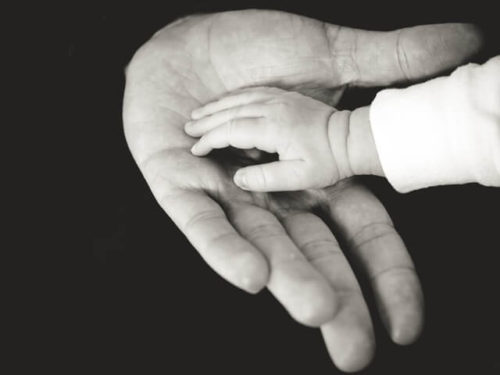
YouTube / iTunes / Spotify / Radio Public / Pocket Casts / Google Podcasts / Breaker / Overcast
Listen to ArtisanEnglish.jp posts & lesson intros here.
Learn from your mistakes; don’t let your mistakes stop you from learning.
You know I have been an English language teacher for around 18 years.
I have taught in Canada, New Zealand and Japan.
I have taught all kinds of people, from unborn children (yes, unborn) to 90-year-old Japanese ladies, from under-educated immigrants in Canada to university professors from Korea.
I have learned to speak German at university and Japanese to some extent only by living here in Japan.
The most significant thing about successful students is they are positive, and this is one thing that we, as adults, can learn from children.
I completely understand that once we are adults, it’s hard to be childlike again.
Children are born with a clean slate.
They are open to anything and everything.
Children, when they are born, can make any sound in any language in the world.
That little helpless bundle of joy has the power, intellectual freedom and possibility to do and learn anything in the world.
Many of us lose ability this as we mature.
As adults, we impose limitations on ourselves and allow our inhibitions to control our actions.
Children have no self-imposed limitations and no inhibitions. Kids don’t say, ‘I can’t!’
Kids just do it.
Another beautiful thing about kids is that they mimic everything their parents say and do.
We say that a boy who acts like his father is a chip off the old block (蛙の子は蛙).
The last beautiful thing about kids is that they learn from their mistakes, but their mistakes don’t stop them from learning.
Have you ever watched a child learn to walk, ride a bike, build a sandcastle?
At first, they are terrible at it.
Kids learning to walk fall all the time.
When learning to ride a bike, they crash all the time, and a sandcastle looks more like a sand mountain, but they all get better at it and don’t give up!
Approach learning in a childlike manner.
Be open-minded and optimistic and see mistakes not as failures but as necessary for learning.
You will be on the road to improvement; the world is your oyster.
Flesch-Kincaid Readability Test
This post is understandable by someone with at least an 8th-grade education (age 13 – 14).
On the Flesch-Kincaid reading-ease test, this post scores 69.
The easier a passage is to read, the higher the score on a scale of 0 – 100.

